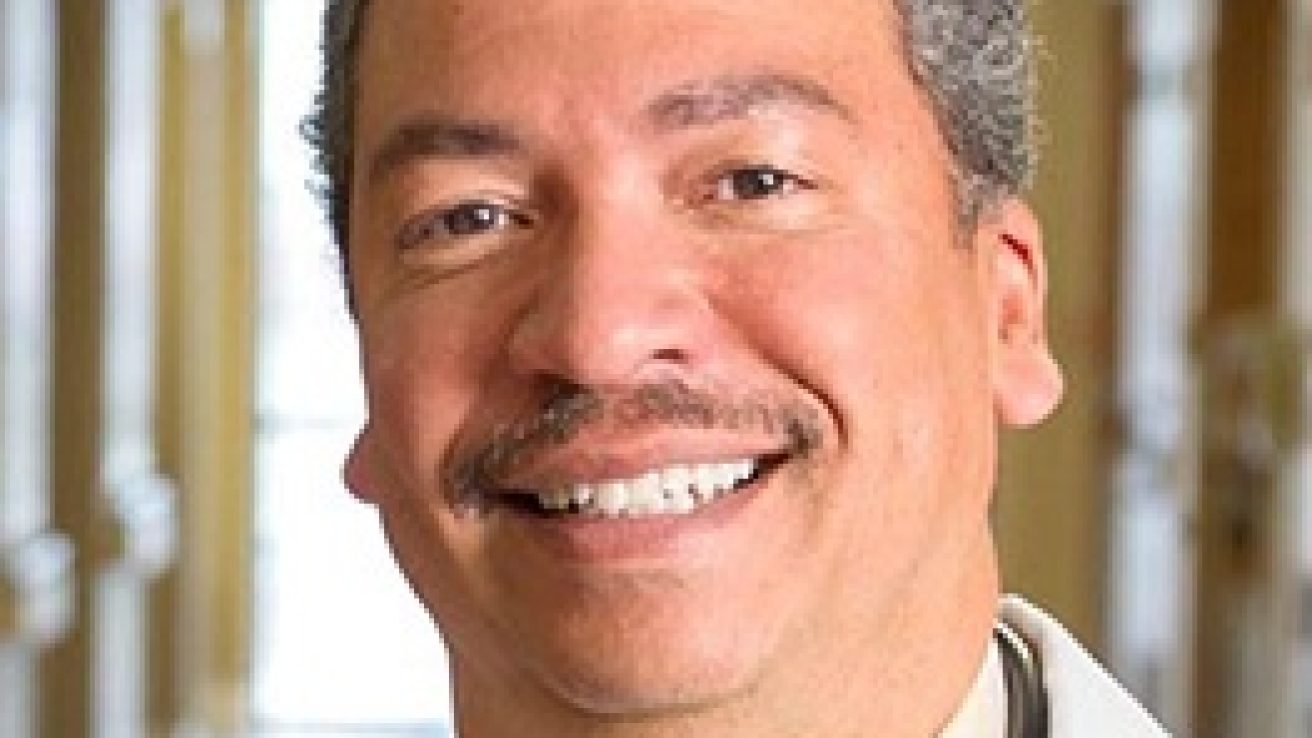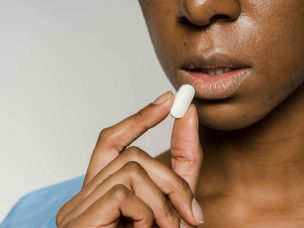In this MD Newsline exclusive interview with internal medicine physician Dr. Greg Hall, we discuss Dr. Hall’s creation of the National Institute for African American Health (NIAAH). We also discuss his aspirations for what the NIAAH will achieve on behalf of the Black community.
MD Newsline:
How did you decide to establish the National Institute for African American Health? What do you hope it will achieve on behalf of the Black community?
Dr. Greg Hall:
“The National Institute for African American Health (NIAAH) grew out of the lack of African American physicians. If we increase the number of African American physicians and other healthcare providers, we will have more providers who can treat African Americans effectively. Currently, 4 to 5% of physicians are African American, but African Americans make up 13% of the U.S. population. So, the disparity in African American physician representation is significant.
And, African American physicians tend to treat more African American patients. So, knowing that we have this lack of African American physicians, we want to make every effort to support future and current African American physicians. Especially because African American students often do not have the same opportunities, access, and resources for success in college and medical school as their non-African American peers.
So, the NIAAH will connect African American pre-medical students and medical students with African American physician mentors. These mentors will guide them on how to succeed in getting into medical school and how to succeed in medical school and the rest of their medical training.
The NIAAH will also serve as an online trusted resource for African Americans that they can turn to for good information about their health. Some people might say, ‘well, what about the CDC?’ Well, 44% of African Americans don’t trust the CDC or the NIH. So we’re trying to build a website that will be run by people who look like them and people they know that will give them information that is specific to them and their health as African Americans.
So, we’ve got high hopes, and we’re looking forward to making a positive contribution with the National Institute for African American Health.”
Responses have been condensed and lightly edited.










